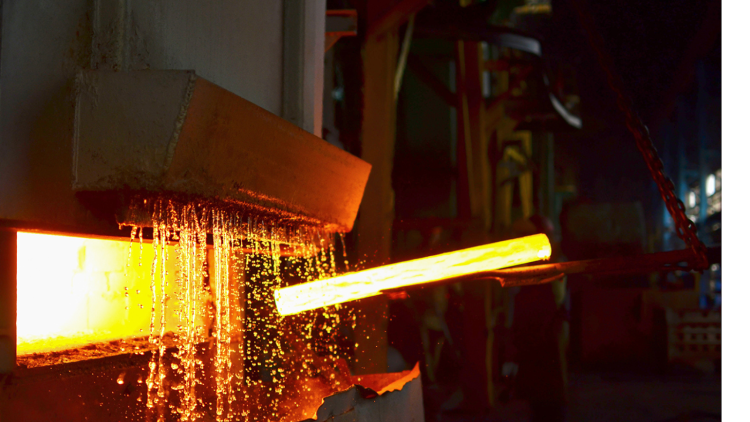Heat treatment is an industrial metalworking process that improves ductility and takes the brittleness out of the metal. When would you need this? Read on to find out.
Steel and aluminium alloys often require complex welds. Joining metals together is an essential part of the construction process for several industries. The production of vehicles, airplanes or boats, the energy industry, and solar panel production – all of these requires joined metals as a matter of course. When they require industrial-scale welds to match their industrial-scale production, companies turn to professional welders such as AxiomHT pipe heat treatment services. Here are some of the applications of that heat treatment that you ought to be aware of.
What is Heat Treating, and Why do Metals Need it?
Before we begin, a quick word on what heat treating is and why you need it. Heat treating a metal is similar to tempering it. When you go through this process, it makes the metal less hard, reducing the brittleness. Heat treatment has other benefits, too. It improves the metal’s sturdiness and longevity.
Heat treating a metal involves heating it up until it is close to melting, then cooling the metal, usually in the open air. When you heat the metal, you are changing the way the molecules interact with one another. This improves the flexibility of the metal. A metal that is too tough will break, not bend.
There are many forms of heat treatment and many different metals you can apply them to. Some forms of heat treatment are annealing, carburizing, hardening, normalizing, and others. Usually, heat treatment happens in steel and for building purposes.
What are the Common Applications of Heat Treatment?
When would you use heat treatment? Let’s look at some of the common applications for this type of work.
Computing
The last few decades have seen computer-aided heat treatment programmed to help produce the steel components used to build the computers. Computer parts require finesse to build, but each part of the machine must be treated. Computers run at reasonably elevated
temperatures. That will stress the metal parts over time without the proper care.
Construction
Construction requires steel which has standard levels of strength and flexibility. Too hard metal and a block of flats won’t budge in the wind. Steel that doesn’t bend breaks during storms. Heat treatment provides the construction industry with the sturdy, strong, durable steel it needs to build safe properties.
Machinery
Heavy construction of machinery requires a heat treatment for the same sorts of reasons as computer parts might. Industrial machinery heats up during use. The metal must be able to withstand and safely disperse that heat, which it can only do if it has had prior treatment of its own. Heat treatment helps avoid mechanical failure and makes your product stronger.
Heat Treating Has Multiple Uses Across All Industries
In every sector of industry, there lies a need for heat treatment. Whether in the buildings that the business occupies, in the products they sell, or in the cars that they drive. Heat treatment has many uses across all areas of industry. It is integral to manufacturing, shipping, and base production.

